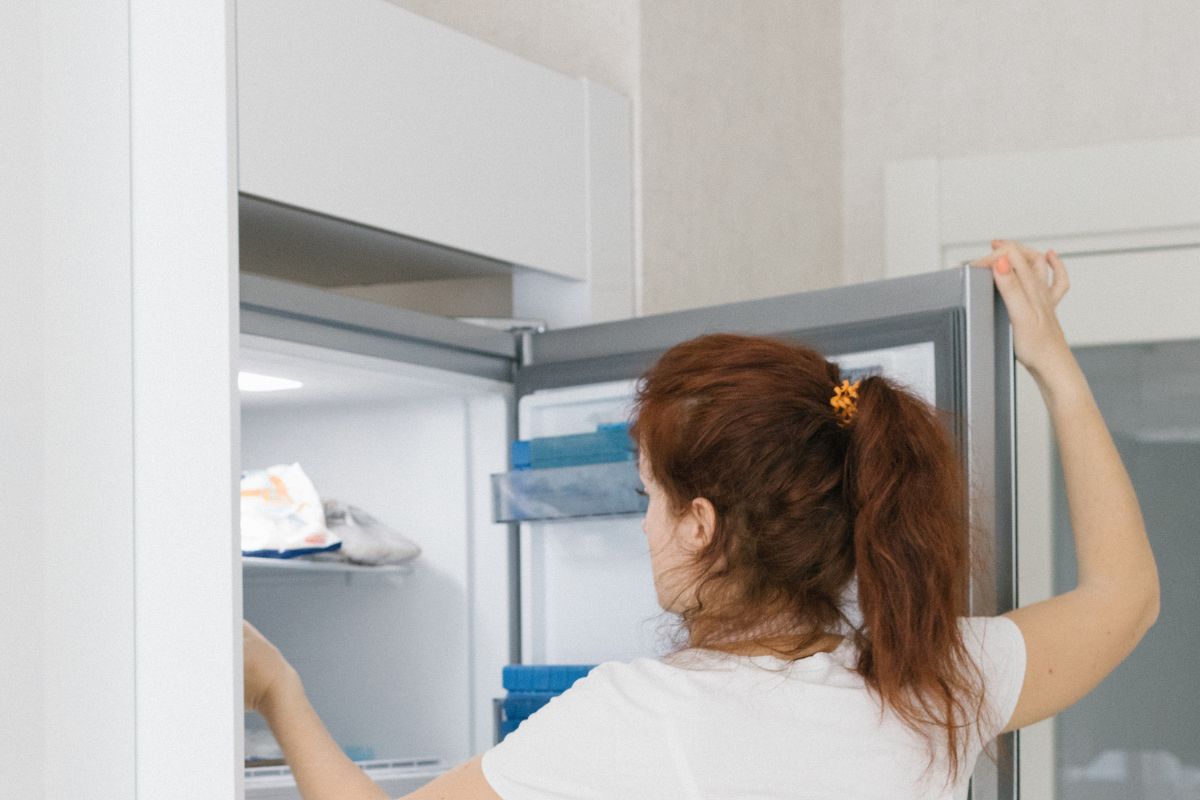Ah, French bread. It’s one of the most popular types of bread around the world for a reason – it’s light and airy, with a crisp and crunchy crust. But sometimes, new bakers can end up with loaves that are harder than they’d like.
If you’ve ever ended up with a stale-tasting, rock-hard French loaf, then don’t worry – you can still make it delicious! Here, we’ll go over the causes of hard French bread, as well as some tips and tricks to help you get the perfect tender texture in no time.
Overview of the Problem
Making perfect French bread isn’t always easy, especially when you’re just starting out. That is why it is not uncommon to produce French loaves that are greasy on the outside and too hard on the inside. Overworking the dough or adding too much flour can cause your loaves to come out tougher than desired.
If this has happened to you already, fear not – there are ways to bring them back from the brink!
Benefits of Softening French Bread
Nothing quite compares to biting into a soft yet slightly chewy slice of perfect French bread. This classic bakery staple is a delightful treat for any occasion – but only when it’s done right!
While many people opt for store-bought varieties that often come out too dry or tough; making your own can be much more rewarding as it is fresher and more delicious. Softening french bread will give your loaf that melt-in-your-mouth texture that everyone loves and make sure that each bite is as enjoyable as possible.
Causes of Hard French Bread
There are several reasons why your French bread may have come out harder than expected. It’s important to understand what has gone wrong so that you can avoid making similar mistakes in the future! Here are some common culprits:
Dough Not Kneaded Thoroughly Enough – When kneading dough for French bread, it’s important to go slow and take your time – otherwise the gluten strands won’t develop properly and lead to tough loaves. If this happens, your bread will be too dense and difficult to chew through!
Too Much Flour Used in Recipe – Using too much flour in a recipe can also leave you with hard french bread. This happens because when extra flour is added, more gluten is formed which results in an overly dense loaf with an unpleasant texture.
Low Hydration Level in Dough – Too little water (hydration) in a dough mix will also contribute to hard-textured french bread. Without enough liquid present, gluten won’t be able to form properly – leading your loaves to come out crunchier than normal. This is especially true if you’re baking at high temperatures where evaporation occurs quickly!
Ways To Soften French Bread
Now that we know why our french loaves might have turned out too hard; what can we do to fix them? Here are some tips on how you can soften up those tough treats:
Reviving Older Loaves of French Bread – If you’ve accidentally left your loaf out for too long or forgot about it over night; don’t worry – it’s not lost forever!
To revive older loaves of french bread; preheat your oven before slipping them into plastic bags (make sure there’s no air inside). Pop them into the oven briefly at low temperatures (around 300°F) until they puff up again – this will help introduce some moisture back into them without drying them out further or turning them soggy like reheating would do.
Adjusting Recipes For Softened Texture – If you want softer french loaves from scratch; try adding more water while kneading (up until 60–65% hydration level). You should also knead slower and more gently so that all of the gluten strands have time to form properly before baking!
Also; check if oven humidity settings need adjusting since higher humidity levels will result in softer crusts and prevent them from over-hardening during cooking times.
Slashing The Loaves Before Baking – Slashing loaves before baking helps introduce moisture while they’re cooking so they become softer on the inside with a thin crispy crust on top. To do so; make two or three quick cuts on top of each loaf using a serrated knife before popping them into the oven for baking!
Conclusion
Making tasty and soft french bread doesn’t have to be complicated or intimidating – even if you’re just starting off as an amateur baker! By following these simple tips above; you’ll soon be able create mouthwatering homemade french loaves every single time without any hard edges or unappetizing textures getting in your way!
So don’t hesitate – give it a go today and enjoy soft deliciousness each bite at a time!

